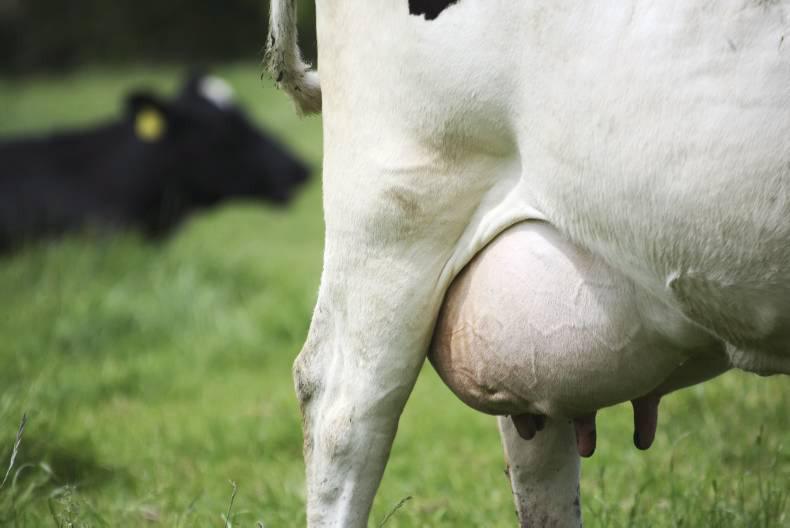According to the results of a FSAI microbiological test, samples of raw milk contained rates of Listeria monocytogenes and Campylobacter at rates of 7% of 3% respectively. Detection rates in milk filter samples were higher at 20% and 22% respectively.
Salmonella was found in 1% of raw milk filters and 0.5% of raw milk samples. E. coli was discovered in 6% of raw milk filter samples.
Given these findings, the FSAI recommends that milk is pasteurised or boiled before being served to infants, children, pregnant women, older people and those with a weakened immune system or chronic disease.
Dr Wayne Anderson, Director of Food Science and Standards, FSAI, says farmers should be careful when consuming unpasteurised milk.
"The FSAI is aware that any ban on the sale of raw milk would not affect those farm families who choose to consume raw milk," he said. "But farm families should be particularly aware of the risk to young children and pregnant women posed by drinking raw milk and also the fact that farm visitors may not be aware that they are consuming raw milk.
"We therefore continue to recommend the use of home pasteurisers to ensure milk is safe," he added.
Farmers who sell raw milk directly from their farm need to fulfil a number of legal requirements. Click here to read the regulations that must be followed.
Those who sell raw milk cheese also need to adhere to strict guidelines, which we outline here.






 This is a subscriber-only article
This is a subscriber-only article










SHARING OPTIONS: